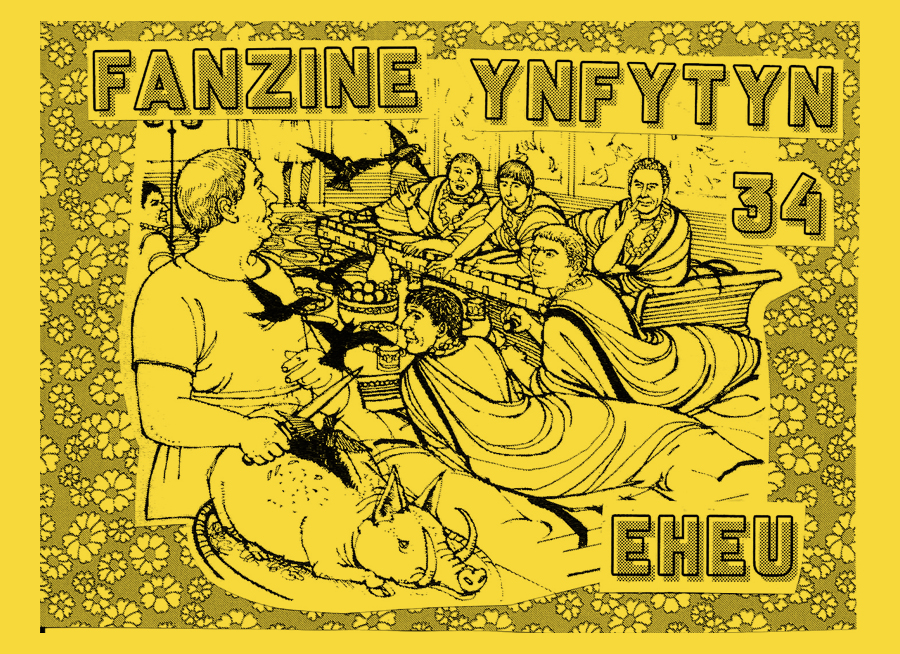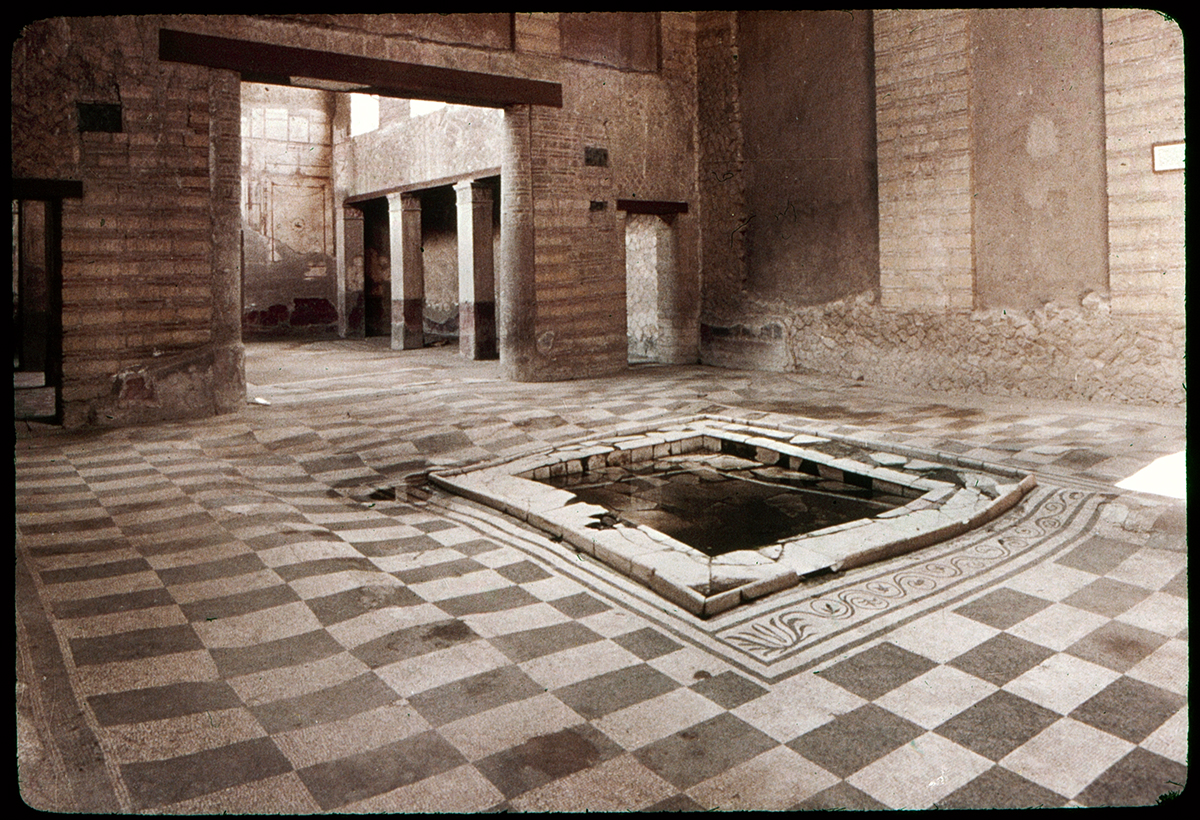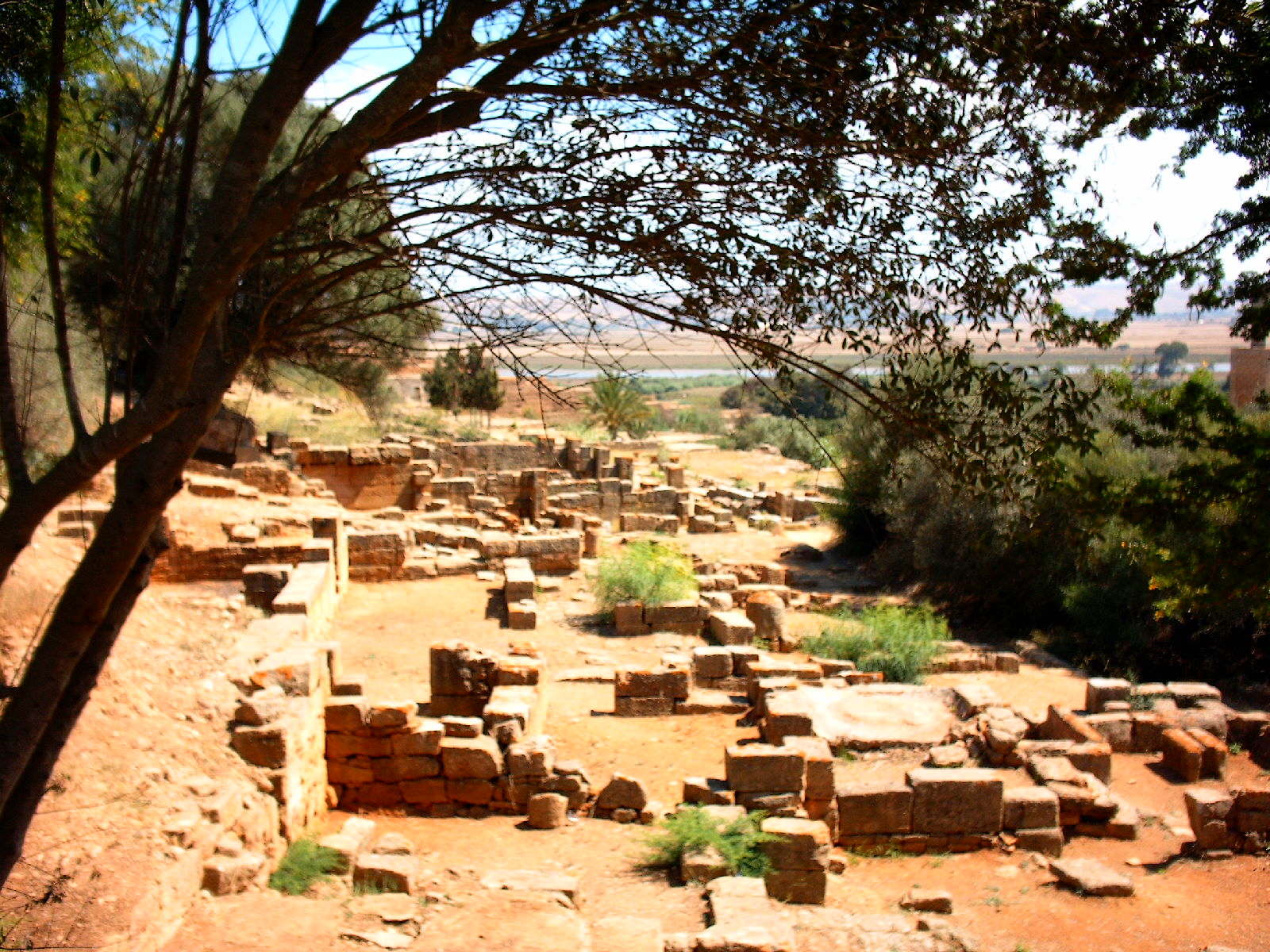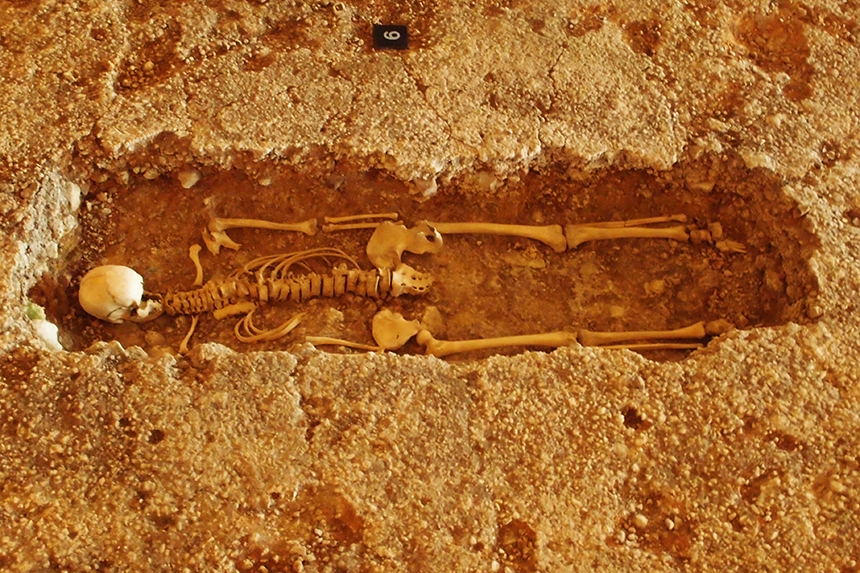-
There’s also an archaeological museum in the grounds of the castle. Before you went in though, you had to pay…
-
If you study Latin in the UK, there’s a very good chance you will use the Cambridge Latin books from…
-
Here’s an interesting place just outside Rabat in Morocco. Chellah was a Roman city, which later became a necropolis for…
-
A while back I went to Fishbourne Palace. In the 1960s engineers digging a new drain in a village just…
-
Last March, I drew these fat pigeons for Moogie Wonderland’s Ides of March event. I did a silhouette projection about…





